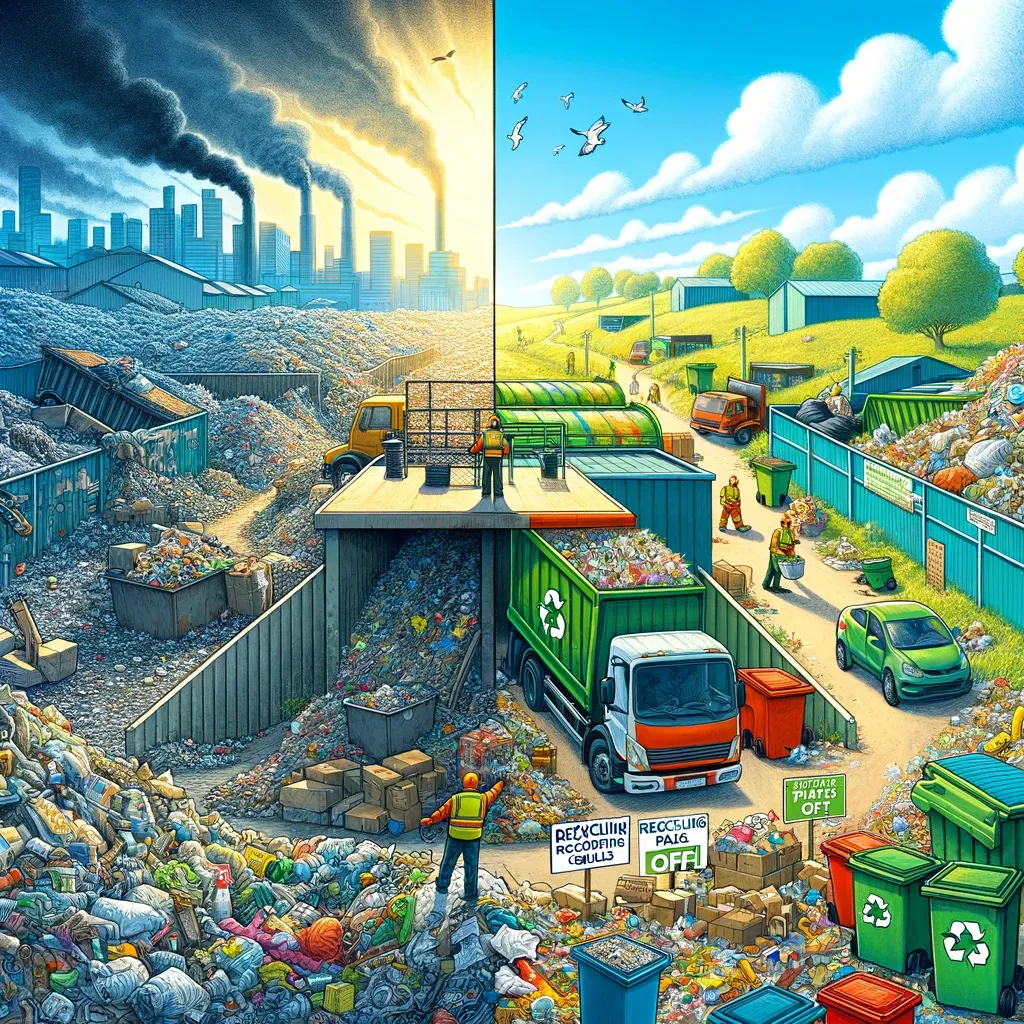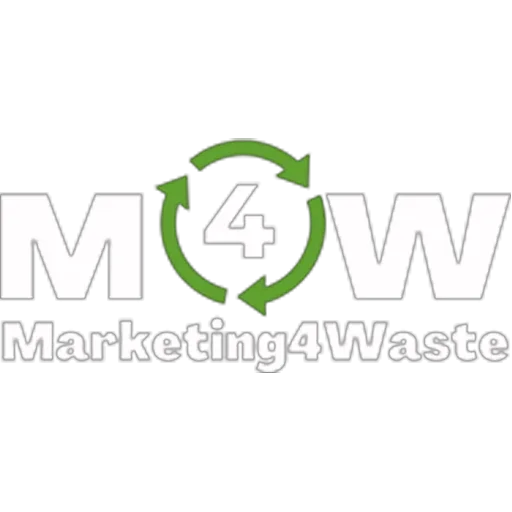Increase the Revenues of Your Waste Company With the Tips Shared in Our Blog Articles

Recycling Composting Bills: The Advantages For Small Waste Company Owners
In the wake of recent legislative changes in the recycling and composting sector, small waste company owners are positioned to significantly benefit from a shift in the industry landscape. These changes, focused on enhancing recycling and composting practices, present not merely a shift toward greener operations but open a realm of untapped business opportunities. This article delves into the concrete advantages that these legislative adjustments offer to small waste businesses, especially through the lens of developing educational programs aimed at maximizing waste reuse and recycling, thereby driving local economic growth.
Legislative Shifts: A Doorway to New Business Ventures
The evolving legal framework surrounding waste management in the United States signals a prime opportunity for small waste businesses to innovate and expand. These legislative adjustments provide the foundation for a new era in waste management, where the focus shifts from mere disposal to strategic resource utilization. For small waste company owners, this represents an unprecedented chance to explore new business models and revenue streams, aligning operational practices with the burgeoning demand for efficient waste processing and resource recovery.
Educational Programs: The Bridge to Market Expansion
A strategic response to these legislative developments is the creation and implementation of community-based educational programs. For small waste companies, these initiatives are not just about community service but serve as a vital marketing tool that can significantly enhance brand visibility and customer engagement. By educating the community about the benefits and methods of recycling and waste reuse, small waste companies can cultivate a more informed and engaged customer base, leading to higher participation rates in recycling programs and a reduction in contamination levels. This, in turn, improves operational efficiency and opens up new markets for recycled materials.
Economic Revitalization through Waste Valorization
The emphasis on recycling and composting introduces a paradigm shift in how waste is perceived—not as an end-of-life product but as a valuable resource. This perspective is especially beneficial for small waste companies looking to diversify their revenue streams. The sale of recycled materials to local manufacturers can not only provide a steady income stream but also stimulate local industrial growth by supplying cost-effective, secondary raw materials. Similarly, the conversion of organic waste into compost can support local agriculture, enhancing soil fertility without the need for expensive chemical fertilizers.
Moreover, by positioning themselves as key players in the local supply chain for recycled materials and compost, small waste companies can significantly impact the local economy, creating jobs and supporting sustainable local development.
Navigating the Future: Strategic Innovation and Collaboration
The transition to a more resource-efficient waste management model necessitates innovation, strategic planning, and collaboration. Small waste company owners are encouraged to view these legislative changes not as a regulatory burden but as a springboard for business growth and diversification. By embracing innovative approaches to waste collection, processing, and marketing, small businesses can carve out a competitive edge in the evolving waste management landscape.
In summary, the recent legislative developments in recycling and composting represent a significant business opportunity for small waste company owners. By focusing on educational initiatives, exploring new markets for recycled materials, and contributing to the local economy through waste valorization, small businesses can not only adapt to but thrive in this new environment.
The future of waste management lies in leveraging these changes to build resilient, profitable, and growth-oriented businesses.
For those seeking to capitalize on these opportunities, now is the time to explore, innovate, and lead.
Book a call with me now to discover how to do it by clicking here.
All the best
Sam
Founder of M4W - Marketing For Waste


© 2025 Marketing4waste - All Rights Reserved,
Marketing4Waste is a brand of MiM MarketingInterimManagers LLC
+1 801 804 5730

